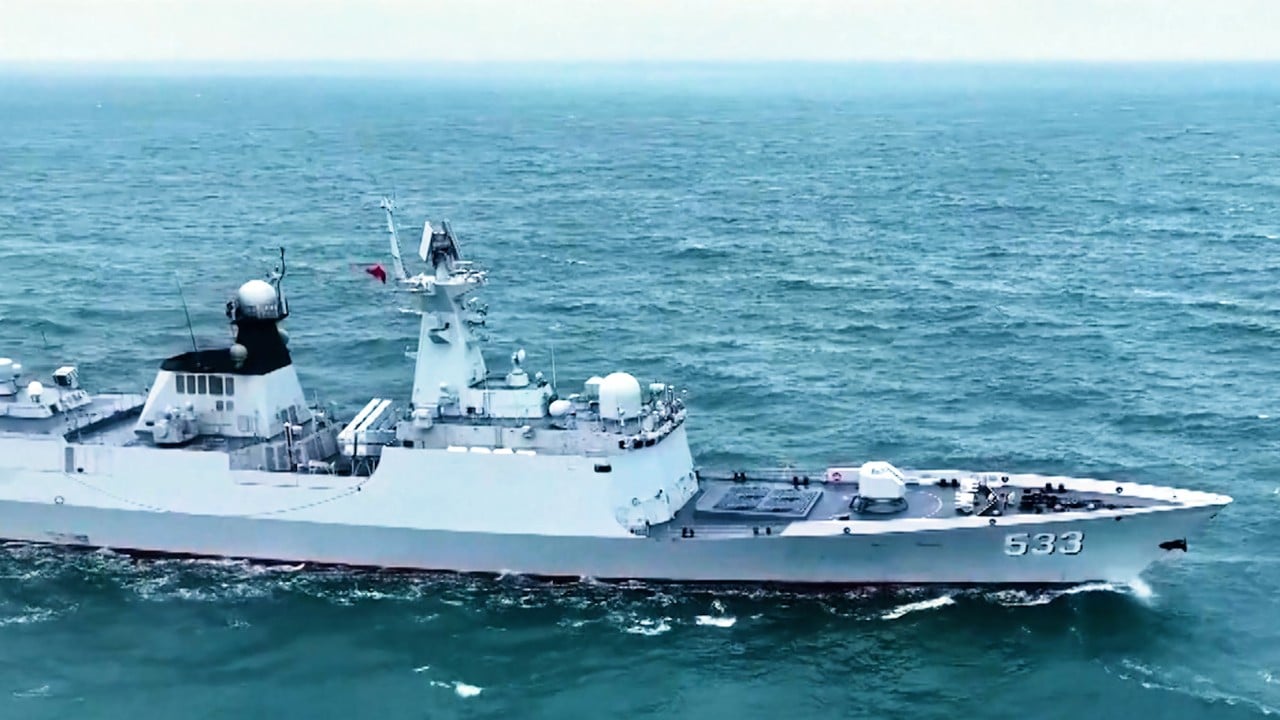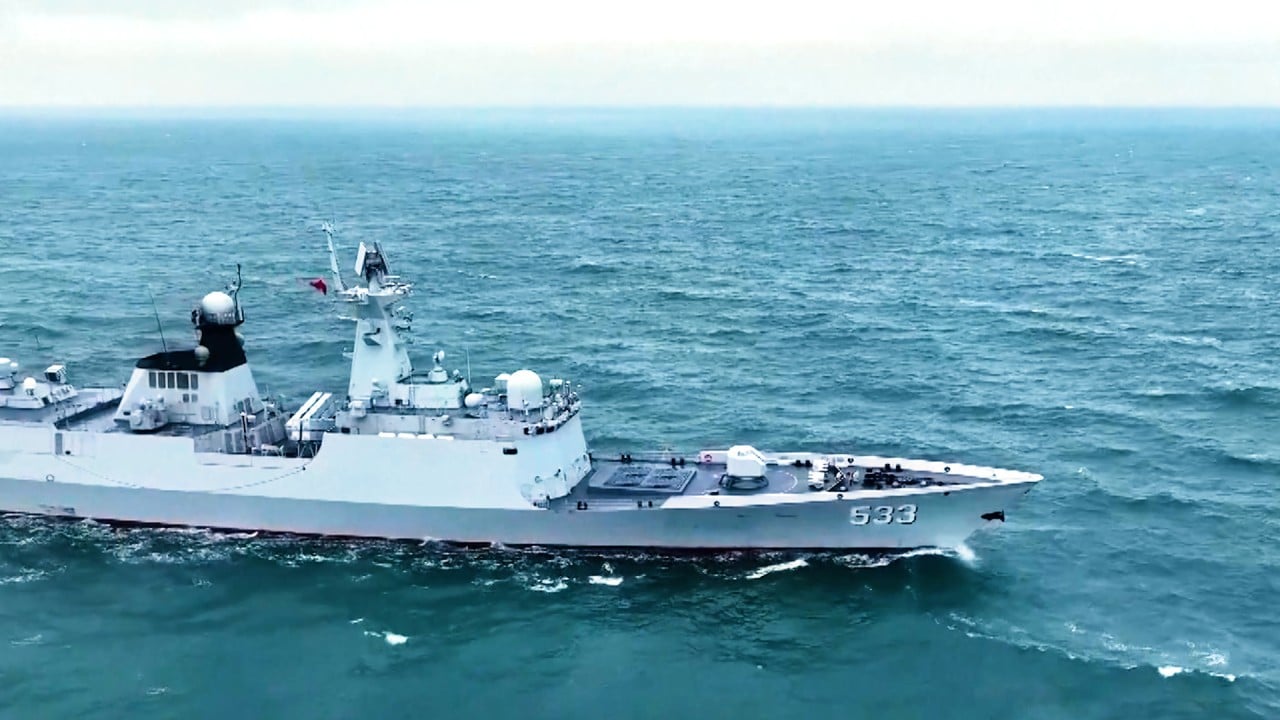Japan’s ruling Liberal Democratic Party scored a surprising victory over the Okinawa governor’s coalition in his prefecture’s recent elections, despite broad support for his opposition to expanding US military bases, an upset analysts suggest could be linked to growing security concerns over China.
Okinawa Governor Denny Tamaki had campaigned on a platform of halting the enlargement of a US base in the far northeast of the prefecture to take over the functions of Futenma Air Base in central Okinawa and to reduce the overall US military presence from the nearly 30,000 service personnel at present.
Several thousand of those US troops, along with their dependents, are due to be relocated to Guam before the end of this year, but Tamaki and many Okinawans feel that their islands shoulder a disproportionate burden and that the number of US troops and bases should be more equitably shared throughout the rest of Japan.
“The [election] result was quite puzzling, as the LDP has done terribly in elections in Okinawa in recent years because of the issue of US military bases in the prefecture,” said Ben Ascione, an assistant professor of international relations at Tokyo’s Waseda University.
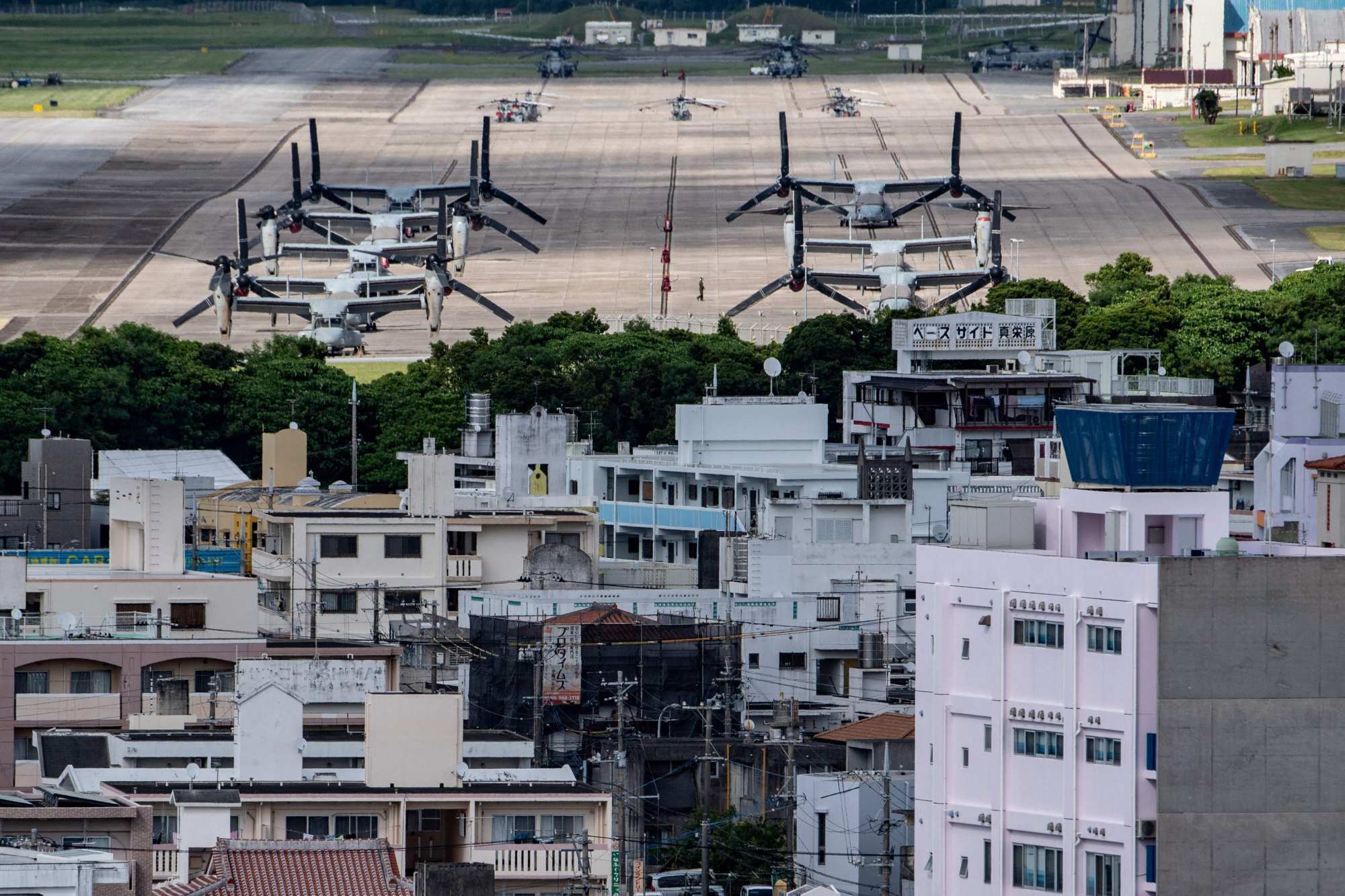
A public opinion survey conducted last year found that some 70 per cent of Okinawans believe the number of US military bases in the prefecture is “unfair”.
But it appears some Okinawan voters have been rethinking those priorities as tensions continue to grow over the future of Taiwan, which is just over 100km (62 miles) from the most westerly island in the Okinawa archipelago.
Beijing has in recent years ramped up demands against the self-ruled island and conducted large-scale military exercises in nearby waters. In drills last year, Chinese missiles splashed down within Japanese waters off Yonaguni Island.
There is also concern over the growing presence of Chinese coastguard vessels in waters around disputed islands in the East China Sea. The uninhabited Diaoyu Islands are presently administered by Japan, which calls them the Senkaku Islands.
Other security concerns include an unpredictable regime in North Korea and Russia, which is showing greater political and security interest in the Indo-Pacific region.
“The international security environment has been more tense recently, with China, Russia and North Korea reviving their Cold War-type of cooperation,” Ascione said.
“Maybe [Okinawan voters] were more ambiguous and felt a need for a strong deterrent power vis-à-vis China, even though they still feel that it is unfair that so many US bases are concentrated in Okinawa.”
Just 45 per cent of eligible voters turned out for the Sunday election, a record low for an assembly election in the prefecture and significantly below the previous record low of 47 per cent.
Tamaki’s coalition held 24 seats in the chamber ahead of the vote, the same as the LDP-led opposition. The opposition won four seats, giving it control of the chamber for the first time since 2008.
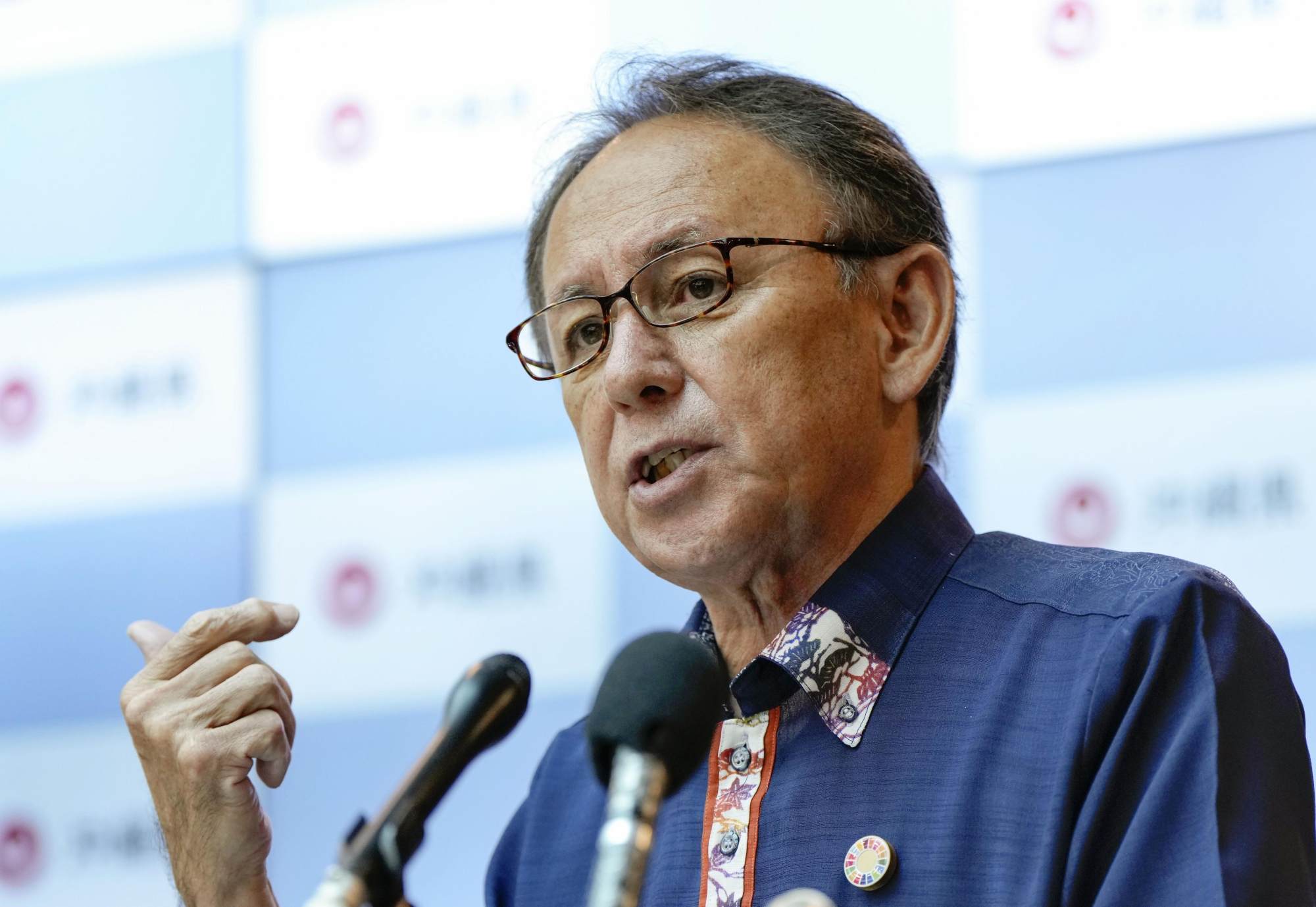
That gives the LDP the power to frustrate any new efforts by Tamaki to halt or delay the transfer of US forces to Camp Schwab in the northeast of the main island, and effectively ends any suggestion that bases and US personnel might be moved to mainland Japan.
The LDP’s win came after its national approval rating declined from 24 per cent in May to 19 per cent this month, according to a survey published by the Asahi newspaper on Monday.
“Security and the Taiwan situation are clearly critical issues for constituents,” said Hiromi Murakami, a professor of political science at the Tokyo campus of Temple University, adding that some voters fear a degradation in the prefecture’s defences if parties that are staunchly against the bases are in power.
“This does not mean that they fully support the LDP, but they are playing the two sides off against each other to try to get the most they can,” she said.
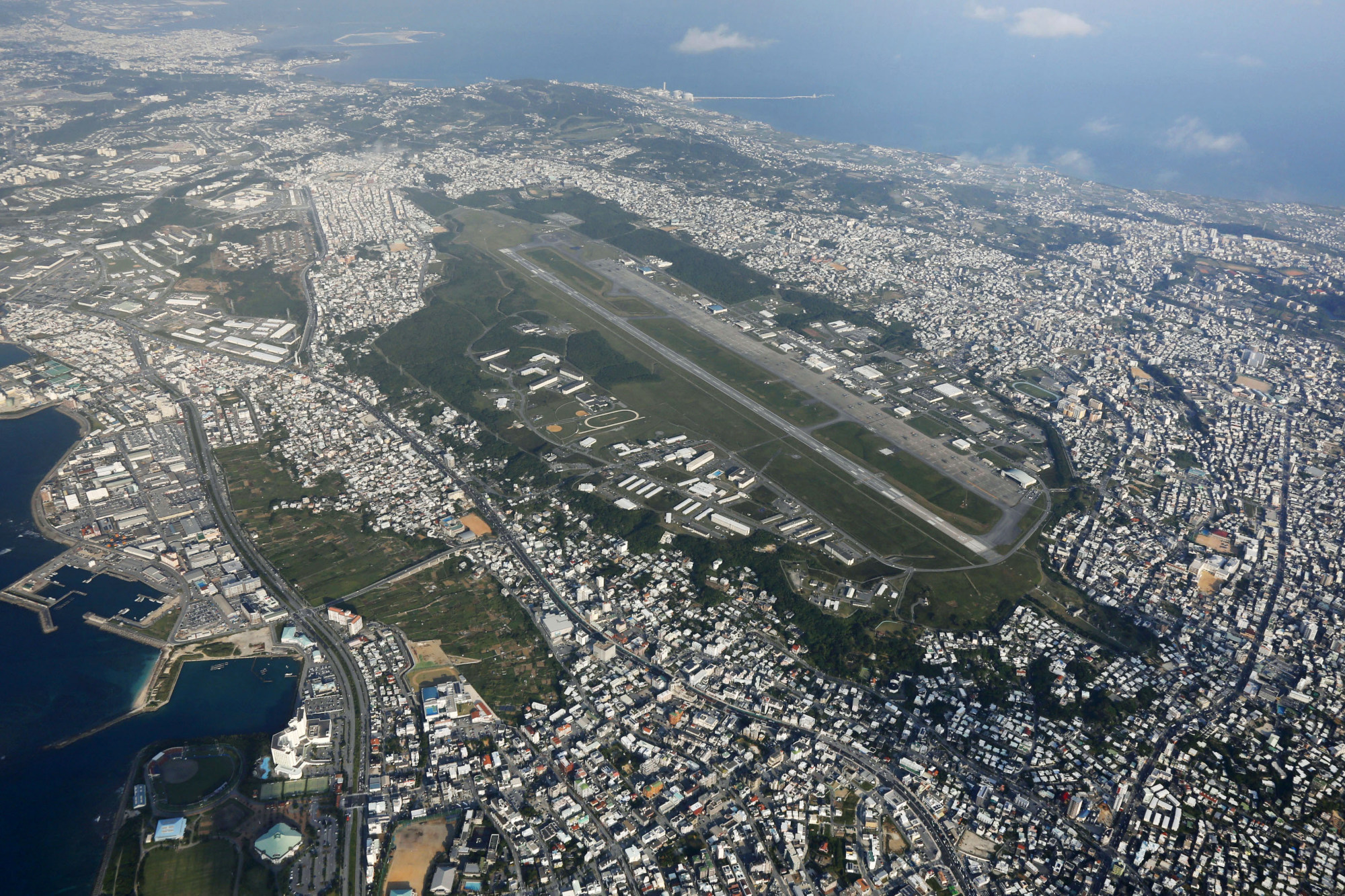
Shinako Oyakawa, a rights activist for indigenous Okinawans and a supporter of Tamaki, expressed “deep disappointment” in the election result, and partly blamed the defeat on poor voter turnout due to heavy rain and flooding.
“The LDP did not even mention the base transfer issue during the campaign but instead focused on the economy, education and similar issues – which meant they were effectively hiding the problem of the bases,” she said.
She added that despite Tamaki’s loss, “half of the people of Okinawa still question the need to expand the bases and the military”.


